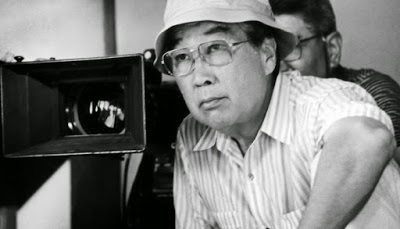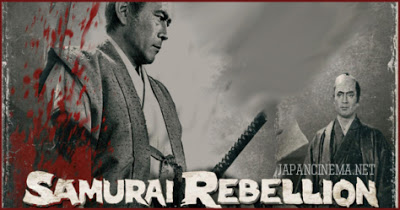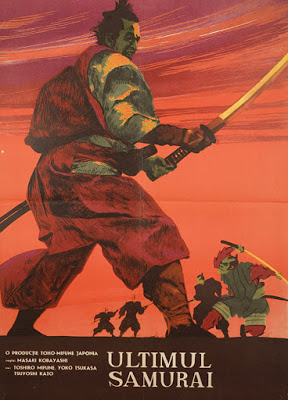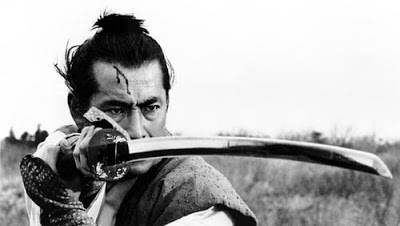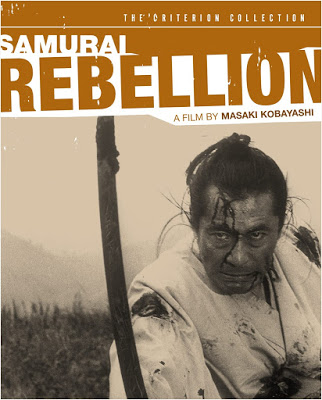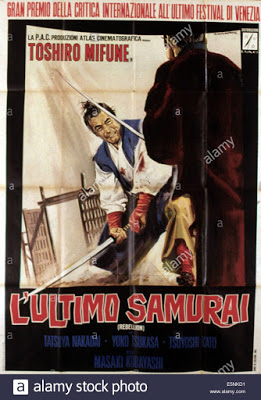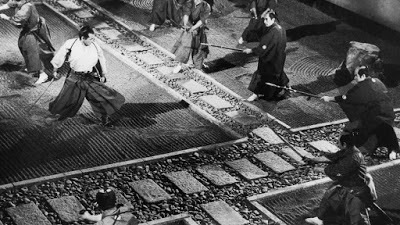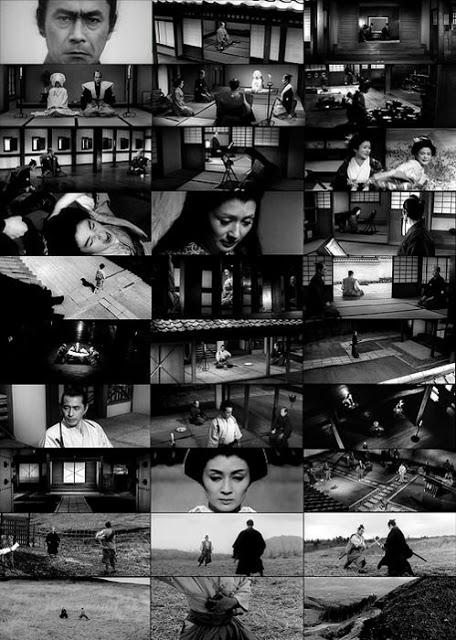Samurai Rebellion
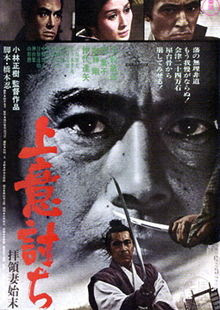
Year: 1967
Director: Masaki Kobayashi
Rating: 9.0
Every now
and then you find yourself in the company of greatness. That is how I felt
while watching this film. Absolutely masterful. I had randomly picked it
out to watch because of its title which implied a good rousing samurai film
full of action and intrigue. About twenty minutes into it I thought who the
hell directed this movie – it is brilliant and yet not at all what I expected.
Ah, it’s Masaki Kobayashi. What I know of his work could fit into a small
thimble but I know that he was considered one the giants of Japanese films
during the 1950’s and 60’s with The Human Condition trilogy which was really
one film broken into three segments totaling ten hours. I have never had
the courage to approach it. He only directed 22 films in his life – he was
often out of step with both the public and the film companies – and of those
only two were period samurai films – both considered classics – this one
and Harakiri in 1963. He also directed the highly regarded ghost story Kwaidan
in his first color film.
